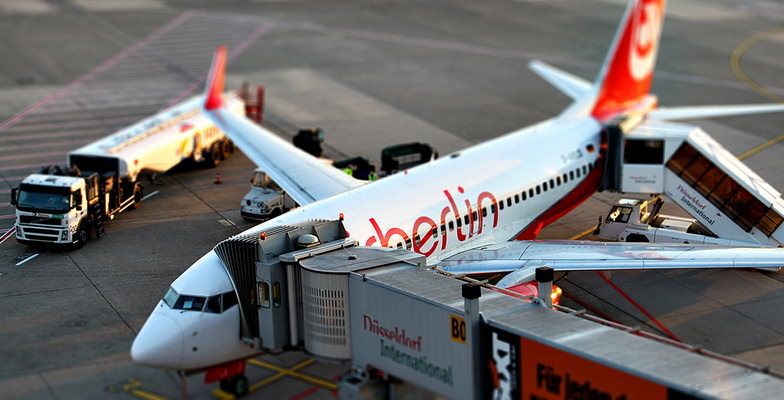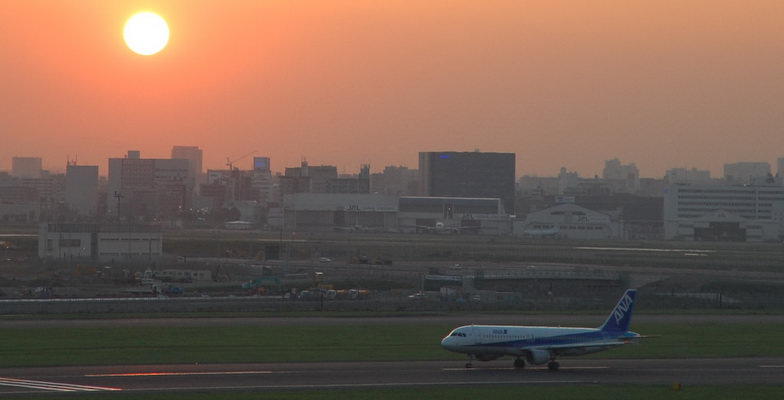Know the passenger protection rules By Suzanne Rowan Kelleher
Q: I subscribe to e-alerts from several airlines and look forward to being notified about airfare sales. I recently bought roundtrip Atlanta-Chicago airline tickets on sale for my family of four so that we can attend a family wedding in July. I thought I had snagged a great deal, until I saw the the total price. After all the taxes were added in, I ended up paying $200 more than expected. Where did I go wrong? –Mandy from Oakhurst, GA
A: Don’t blame yourself. Signing up for e-alerts from airlines was a smart move, because it means you are among the first to find out about airfare sales. Most likely, you did nab a good price on the airfare itself. The problem is that the quoted price was deceptive because it did not include airport fees, taxes and other surcharges. These hidden costs of flying have been a contentious issue among air passengers and consumer rights advocates for as long as I can remember. The good news is that the calvary has finally arrived.
US Transportation Secretary Ray LaHood just announced new rules for airline passenger protection that secure greater rights for flyers. These rules will take effect in late August—too late, unfortunately, for your trip this summer. Still, these rules will go a long way to eliminate the kind of nasty pricing surprises we have all suffered for far too long. Here are the highlights:
- Airlines must disclose government-imposed fees and taxes in their advertised prices and prominently display all potential ancillary fees (to change a reservation, check a bag, get a pillow, or whatever) on their websites. But buyer beware: The rule does not require third-party booking websites to make the same disclosures, so it will remain difficult to compare apples to apples when comparison shopping.
- If an airline loses your bag, it must refund your luggage fee in addition to compensating you for the value of your lost bags. Airlines will have to partially refund your luggage fee if your bag is delayed for an unreasonable amount of time, though the Department of Transportation has yet to define what is unreasonable.
- If your airline bumps you from an overbooked flight and puts you on a flight that arrives at your destination more than two hours later than scheduled, you can collect $1,300 (previously $800). If you get bumped and get to your destination within two hours of the scheduled time, you can collect up to $650 (previously $400).
- An international-bound plane that is delayed on the tarmac for more than four hours must return to the gate and allow passengers to get off the plane. A ruling in December 2009 imposed a three-hour limit for flights within the US.
- You have the right to hold a reserved seat on a flight for up to 24 hours without having to pay for it and without incurring a penalty if you cancel. (Some airlines already apply this policy.)
Booking directly through an airline will be the best way to ensure you can see all taxes as well as government and ancillary fees upfront.







